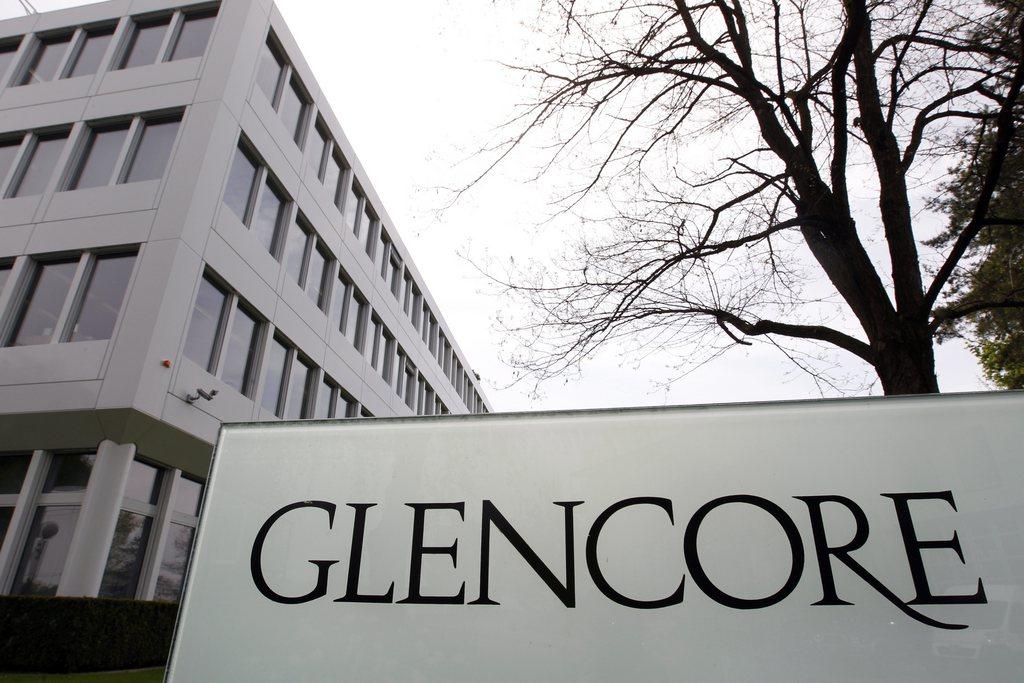
Glencore accused of ‘slavery’ like conditions by DRC union

The Zug-based commodity giant was reproached for treating its mine workers in the Democratic Republic of Congo (DRC) badly by the Swiss-based union industriALL to whom the local miners’ union were affiliated. Glencore rejects the accusations.
A few days ago, representatives of industriALL met with around 80 workers at the Kolwezi cobalt mines operated by Glencore in DRC. They complained of conditions that amounted to “no less than slavery” insudtriALL said in a press statementExternal link on Thursday. The workers mentioned regular threats of dismissal, poor health and safety practices, occupational diseases, racism and other forms of discrimination, low pay and lower wages compared to foreign workers.
In addition to employees, relatives suffer from illnesses because workers do not have the infrastructure to clean themselves at the Kolwezi mine. They only have access to drinking water in insufficient quantities. The hospital set up by the company was deemed to be too far away from the community. Workers also accuse the company of attempting to divide unions.
“We remain committed to maintaining open dialogue with all our stakeholders, including IndustriALL. To date, our operations in the DRC have had a positive relationship with the local union, Tumec. We reject IndustriALL’s allegations. The health and safety of our people is our top priority,” a company spokesperson told the British paper TelegraphExternal link on Saturday. The company has a “Modern Slavery statement” on its website.
Glencore is also the subject of a criminal complaint filed by NGO Public Eye last December with Swiss Attorney General’s Office. It deals with suspected misappropriations in the acquisition of mines in the DRC, but Glencore rejects any irregularity.

More
Public Eye issues criminal complaint against Glencore

In compliance with the JTI standards
More: SWI swissinfo.ch certified by the Journalism Trust Initiative

























You can find an overview of ongoing debates with our journalists here . Please join us!
If you want to start a conversation about a topic raised in this article or want to report factual errors, email us at english@swissinfo.ch.